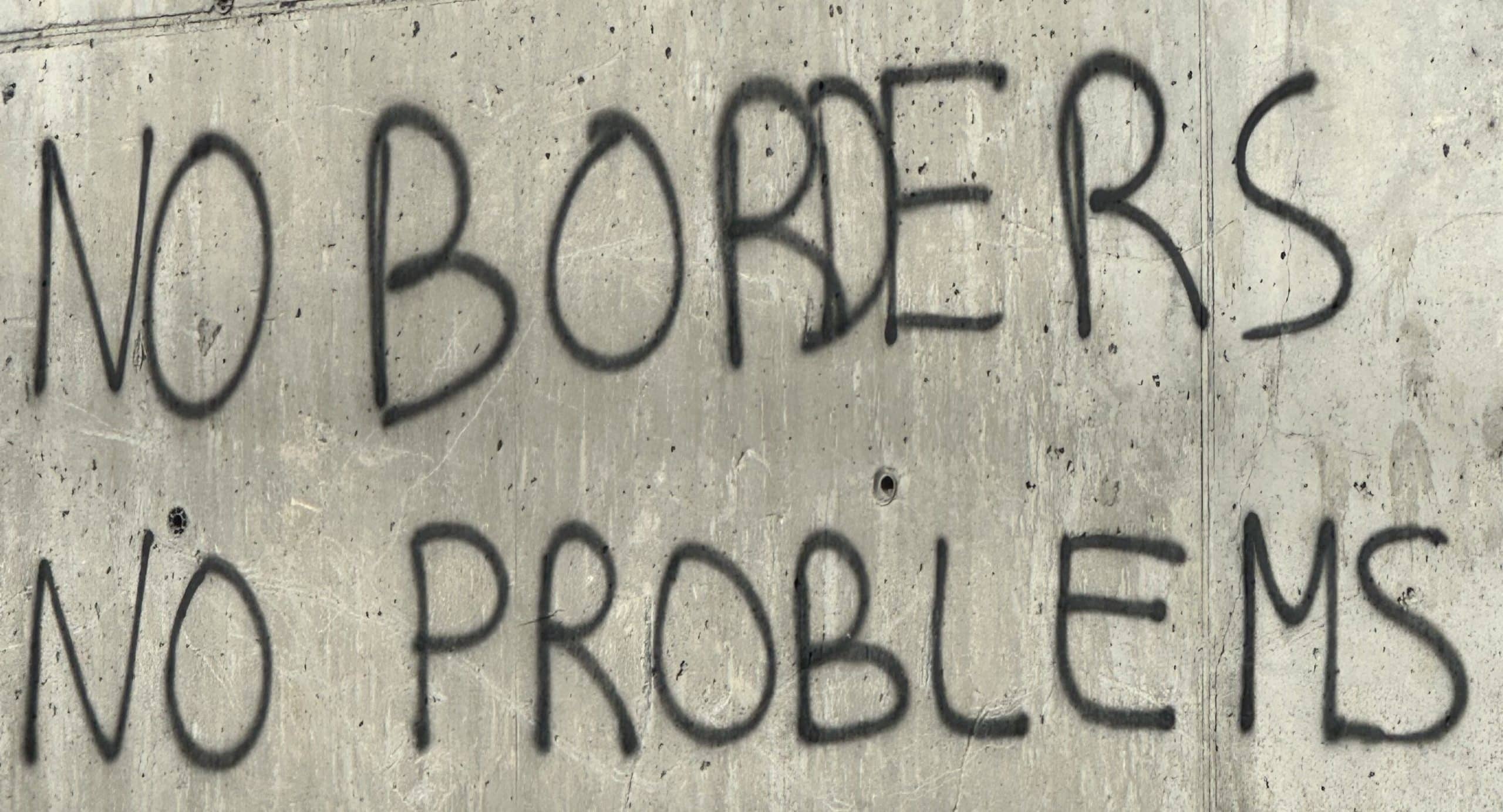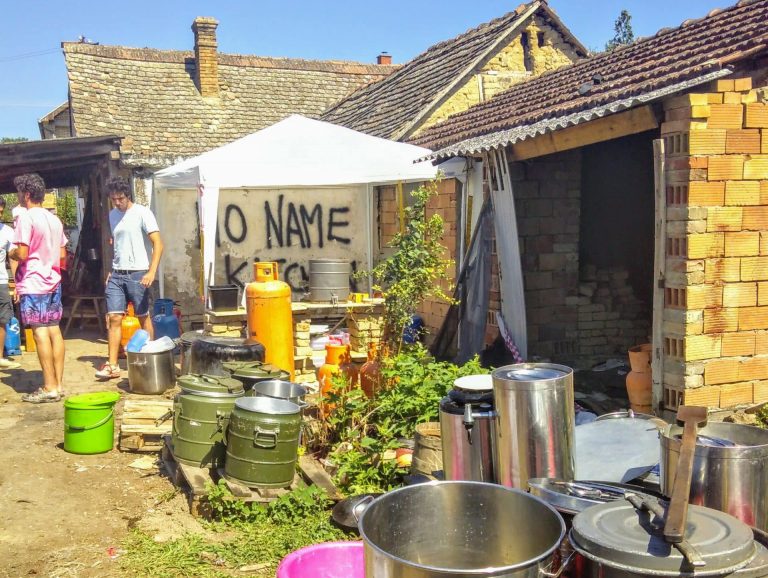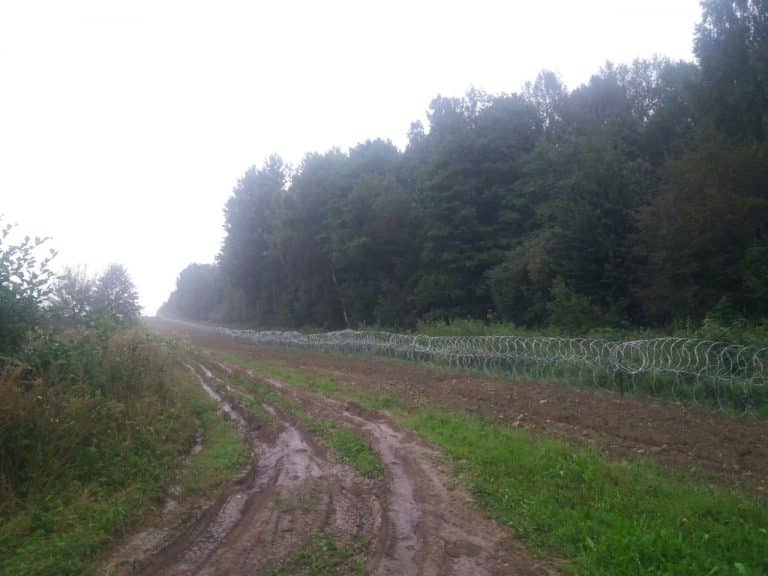By Tatiana Antoni from No Name Kitchen in Ventimiglia
This report provides an overview of the current situation at the Franco-Italian border, focusing on regulation changes and their impact on internal border control. The militarization of the border and recent legal developments have led to significant shifts in the treatment of people on the move, particularly in Ventimiglia. The French Council of State’s decision to end systematic pushbacks has resulted in a notable reduction in rejections at the border, but challenges and controversies persist.
Overview of Internal Border Control
Since 2015, in response to the Bataclan attacks in Paris, France called out the emergency state, citing terrorist threats as a justification for stringent internal border control. The Code of Entry and Stay of Foreigners and the Right of Asylum granted authorities the power to reject migrants without individual examination, leading to immediate removal or temporary detention.
Although the Schengen treaty foresees internal border control as a temporary measure, with a maximum enforcement of 6 months, France managed to uphold this practice for the past 8 years, causing an estimated thousands of pushbacks.
In September, numerous testimonies from organisations monitoring the situation at the border were presented before the European Court of Justice, providing evidence that the “refus d’entrée” amounted to systematic pushbacks in derogation of EU rules and international conventions. These testimonies emphasized that people on the move were pushed back from France to Italy without an examination of their files nor the possibility of applying for asylum in France. Furthermore, the return directive should be the last resort. France instead, halted systematic rejections of individuals on the move at the border with Italy. This development confirmed the illegitimacy of refuse d’entree and its contradiction to European provisions.
Changes Following the French Council of State Decision
The ruling by the French Council of State on February 2, 2024, marked a turning point. This high-ranked French court, known for backing up decisions taken by the government, recognized the issues raised by the European Court of Justice and therefore the illegality of France’s practice.
In response, France has started to cease systematic rejections since the beginning of February, conforming to European law, and reintroduced a system requiring formal authorization before readmission to Italy. This ruling emphasized the illegitimacy of pushbacks, echoing long-standing claims that such practices violated European standards.
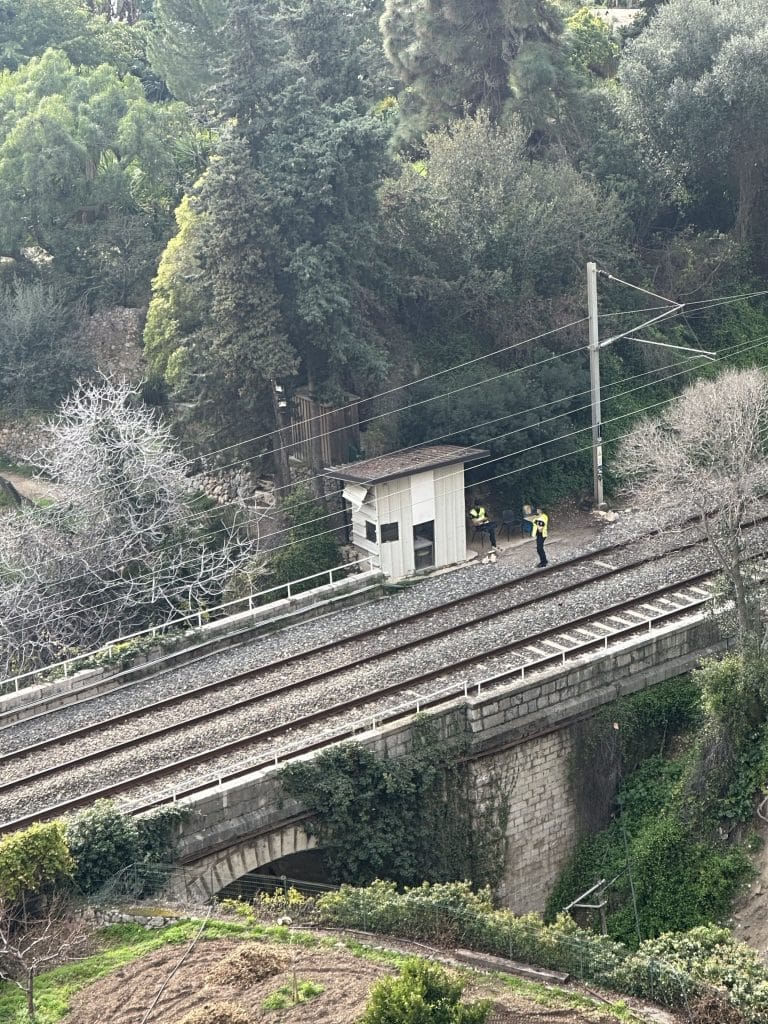
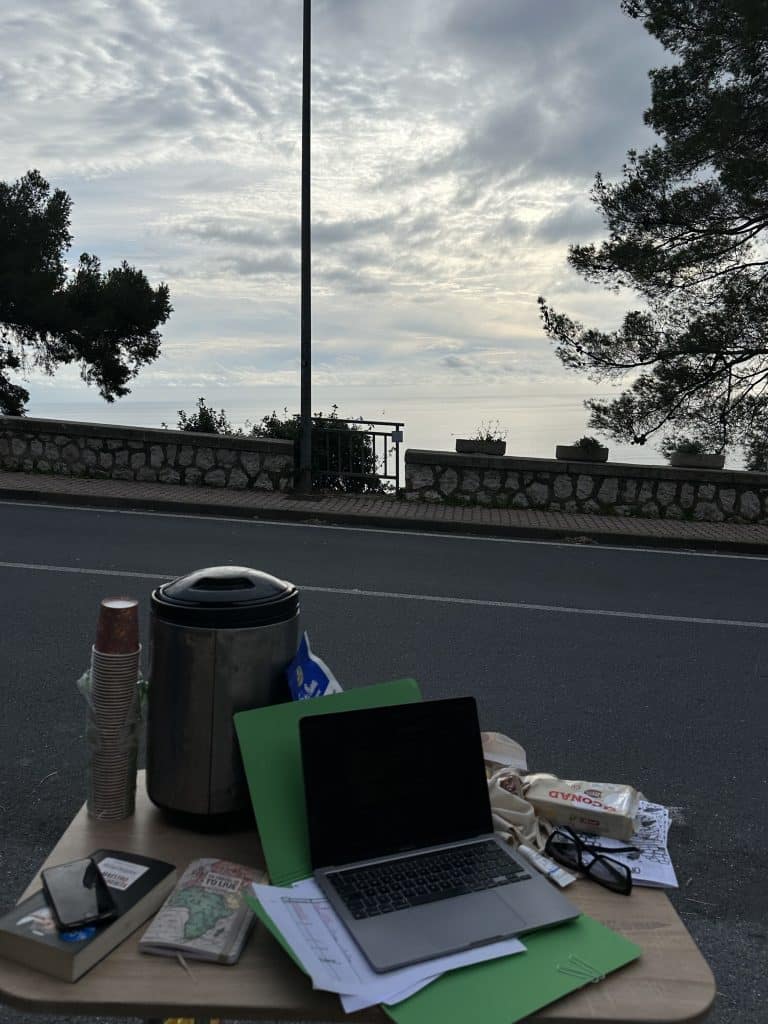
Impact on Pushbacks in Ventimiglia
A month of border monitoring (February 2024) in Ventimiglia revealed a significant decrease in pushback cases. The border, a major crossing point for people on the move leaving Italy, saw a notable reduction in rejections as France adapted to the Council of State’s ruling. Pushbacks to Ventimiglia, which have been a contentious issue, were halved, indicating a positive shift in the freedom of movement of the individuals wanting to enter French territory.
However, it remains unclear on what grounds the French authorities decide to admit or refuse people on the move. Further investigations and observations are needed to have a clearer picture of the scheme France is adapting after the ruling of the Council of State.
Changes in Practice and Controversial Measures
While the Council of State’s decision appears positive, there are still controversial aspects. The Chambery bilateral agreements dictate stringent proof requirements for passage from France to Italy. However, France now needs formal authorization from Italian authorities for readmission, which is a new development.
Italy has 48 hours to respond to readmission requests, and only with a positive response can French agents escort individuals back to Italian border police offices.
Future Challenges and Declarations
Despite positive changes, challenges persist. The Italian government aims to limit readmissions, creating tensions with France. Declarations from French political figures, such as Eric Ciotti, highlight concerns about the difficulty of expelling undocumented individuals, potentially impacting the internal borders of EU countries.
Conclusion
The current situation at the Franco-Italian border reflects a changing landscape influenced by legal decisions, international agreements, and the evolving positions of both countries. Most importantly, it shows the importance of grassroot movements in solidarity with people on the move, as No Name Kitchen, and their engagement in bringing these cases forward, holding governments accountable for their abuse of legal loopholes.
The impact on internal border control, particularly in Ventimiglia, highlights the need for ongoing monitoring and collaboration to ensure the protection of people on the moves’ rights within the framework of European standards.




